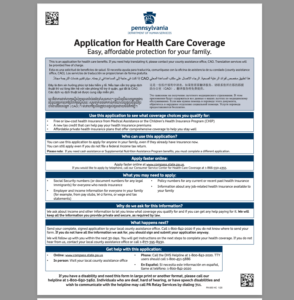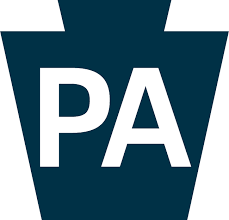PA Medicaid Enrollment May Plummet in the Coming Months
As many as 500,000 Pennsylvanians are expected to come off the state’s Medicaid rolls after the formal COVID-19 public health emergency ends and state officials are permitted to reconsider the eligibility of the state’s 3.5 million Medicaid recipients for the first time in more than two years.
Since the pandemic’s start the state’s Medicaid enrollment has risen 20 percent; approximately 100,000 of the 500,000 new enrollees live in Philadelphia, where more than 750,000 of the city’s residents now receive their health care through the program.
 When the pandemic began the federal government offered the states additional money to support their Medicaid programs; in exchange, the states needed to agree not to review recipient eligibility for the duration of the public health emergency. When the pandemic ends, though, states will have one year to review the eligibility of all of their Medicaid recipients. While the federal government has encouraged states to take the full year to complete this task, Pennsylvania Medicaid officials have indicated that they hope to complete the process in six months. A bill in the state legislature would give Medicaid officials even less time, calling for the review to be completed within 60 days.
When the pandemic began the federal government offered the states additional money to support their Medicaid programs; in exchange, the states needed to agree not to review recipient eligibility for the duration of the public health emergency. When the pandemic ends, though, states will have one year to review the eligibility of all of their Medicaid recipients. While the federal government has encouraged states to take the full year to complete this task, Pennsylvania Medicaid officials have indicated that they hope to complete the process in six months. A bill in the state legislature would give Medicaid officials even less time, calling for the review to be completed within 60 days.
Learn more about what the end of the COVID-19 public health emergency may mean for enrollment in Pennsylvania’s Medicaid program in the WHYY report “Pennsylvanians on Medicaid risk losing health coverage when COVID emergency ends.”
 General Assembly
General Assembly Department of Human Services
Department of Human Services Department of Health
Department of Health Stakeholder Events
Stakeholder Events


 Around the State
Around the State General Assembly
General Assembly Department of Human Services
Department of Human Services Pennsylvania Health Care Cost Containment Council (PHC4)
Pennsylvania Health Care Cost Containment Council (PHC4) State-Wide Mask Mandate
State-Wide Mask Mandate Included in this month’s edition are articles about:
Included in this month’s edition are articles about: The proposed budget, presented to the state legislature earlier this week, includes the following new initiatives:
The proposed budget, presented to the state legislature earlier this week, includes the following new initiatives: For years, county governments ran their own programs, which provided free non-emergency transportation to doctor offices for Medicaid patients. About 55,000 Pennsylvanians served by Medicaid use this program.
For years, county governments ran their own programs, which provided free non-emergency transportation to doctor offices for Medicaid patients. About 55,000 Pennsylvanians served by Medicaid use this program.